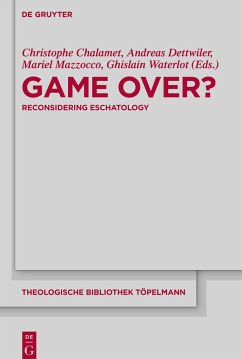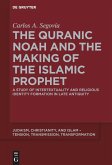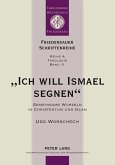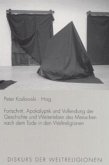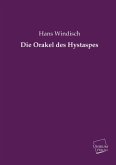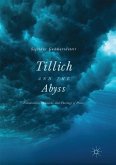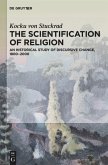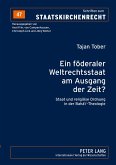Modern science informs us about the end of the universe: "game over" is the message which lies ahead of our world. Christian theology, on the other hand, sees in the end not the cessation of all life, but rather an invitation to play again, in God's presence. Is there a way to articulate together such vastly different claims?
Eschatology is a theological topic which merits being considered from several different angles. This book seeks to do this by gathering contributions from esteemed and fresh voices from the fields of biblical exegesis, history, systematic theology, philosophy, and ethics.
How can we make sense, today, of Jesus' (and the New Testament's) eschatological message? How did he, his early disciples, and the Christian tradition, envision the "end" of the world? Is there a way for us to articulate together what modern science tells us about the end of the universe with the biblical and Christian claims about God who judges and who will wipe every tear?
Eschatology has been at the heart of Christian theology for 100 years in the West. What should we do with this legacy? Are there ways to move our reflection forward, in our century? Scholars and other interested readers will find here a wealth of insights.
Hinweis: Dieser Artikel kann nur an eine deutsche Lieferadresse ausgeliefert werden.
Eschatology is a theological topic which merits being considered from several different angles. This book seeks to do this by gathering contributions from esteemed and fresh voices from the fields of biblical exegesis, history, systematic theology, philosophy, and ethics.
How can we make sense, today, of Jesus' (and the New Testament's) eschatological message? How did he, his early disciples, and the Christian tradition, envision the "end" of the world? Is there a way for us to articulate together what modern science tells us about the end of the universe with the biblical and Christian claims about God who judges and who will wipe every tear?
Eschatology has been at the heart of Christian theology for 100 years in the West. What should we do with this legacy? Are there ways to move our reflection forward, in our century? Scholars and other interested readers will find here a wealth of insights.
Hinweis: Dieser Artikel kann nur an eine deutsche Lieferadresse ausgeliefert werden.

